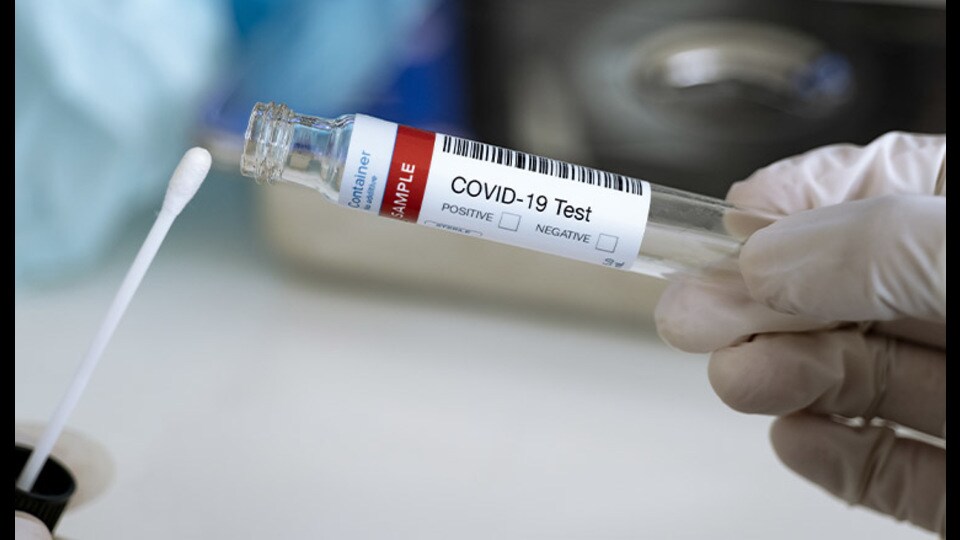London — A 72-year-old British man tested positive for Covid-19 for ten months straight, a total of 43 times. He is believed to be the longest recorded case of continuous infection.
Dave Smith, a retired driving instructor, and musician from Bristol in western England spent the last 290 days positive with Covid-19, reported BBC on Thursday (Jun 24).
Mr Smith revealed that he was hospitalised seven times during the 43 times he tested positive for the virus and had already made plans for his funeral.
“I’d resigned myself, I’d called the family in, made my peace with everybody, said goodbye,” he told BBC.
“There was a lot of times when we didn’t think he was going to pull through,” said his wife Linda, who was also quarantined with him at home. “It’s been a hell of a year,” she added.
It was reported that Mr Smith’s immune system was vulnerable to the virus after a leukaemia diagnosis and chemotherapy treatment.
A consultant in infectious diseases at the University of Bristol and North Bristol National Health Service Trust, Dr Ed Moran, said that Mr Smith “had active virus in his body” throughout the ten months.
“We were able to prove that by sending a sample of his virus to university partners who managed to grow it, proving that it was not just leftover products that were triggering a PCR (polymerase chain reaction) test but actually active, viable virus.”
He was eventually treated with a new mixture of antibodies developed by the United States biotech firm Regeneron.
The treatment regime is not clinically approved for use in Britain but was allowed for Mr Smith’s case on compassionate grounds.
Scientists at the University of Bristol are now studying Mr Smith’s case to understand better how the virus mutates within the body.
“Where does the virus hide away in the body? How can it stay just persistently infecting people? We don’t know that,” said University of Bristol virologist Andrew Davidson.
Findings on his case will be presented at the European Congress of Clinical Microbiology and Infectious Diseases next month, noting it is perceived to be “the longest infection recorded in the literature.” /TISG
Read related: No evidence to suggest Covid-19 vaccines increase the risk of miscarriage or foetal abnormality
No evidence to suggest Covid-19 vaccines increase the risk of miscarriage or foetal abnormality

